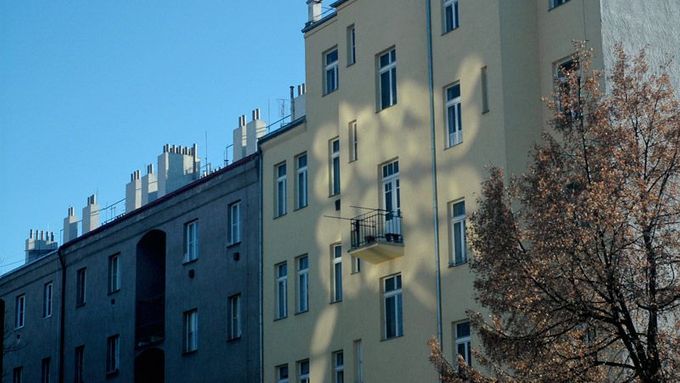
Prague - The average advertised rents in a number of regional capitals are stable or slightly decreasing, according to figures supplied to Aktuálně.cz by the Regional Development Ministry. The ministry's analysis is based on advertisements and figures from real estate agencies.
According to the report, the largest price decrease in Plzeň and Pardubice for flats with more than 60 square metres of floor space. While a year ago landlords there asked for, respectively, CZK 155 and 150 per sq m, now the price is CZK 15 lower in both cities.
Prague centre for same price as last year
Rents in larger flats are also declining in Liberec and Brno. Average market rents in Olomouc and inner Prague are the same as last year. Landlords in inner Prague, which includes districts 1 to 7 in the ministry report, set the highest rents in the whole country, with the average monthly price for flats over 60 sq m currently at CZK 230/sq m.
In the very centre of the capital, the most expensive flats are in Přížská, Mostecká, Na Příkopech, around the Old Town Square and in Malá Strana. For large, newly refurbished luxury flats, the monthly charge may go as high as CZK 350/sq m. But even in these extreme cases the advertised rents remain flat right now.
The demand for smaller flats, with up to 60 sq m of floor space, is still very high in inner Prague, and the advertised rents are growing as a result. While last year one square metre cost an average CZK 255 per month, now the price is CZK 270. Rents for smaller flats in Prague outskirts have also increased, from CZK 215/sq m last year to CZK 225 now.
The ministry has reported that, among regional capitals, the rents for small flats have only decreased in Ústí nad Labem and have remained flat in Brno. Other cities have seen a moderate increase. One city completely defying the trend is České Budějovice, where the average monthly rent for larger flats has increased by CZK 75 to CZK 190/sq m.
Will rents further decrease?
The ministry expects that market rents will further drop in many parts of the country. "After 2010, when rent control will be abolished, the currently unregulated rents will decrease as those flats that are so far rent-stabilised will enter the market," says Hynek Jordán, spokesman for the ministry.
Time will show whether the decrease will really happen. Even today landlords point out that, especially in smaller municipalities, rents are often not high enough to cover the basic costs of building maintenance.
Around 47% of flats in the Czech Republic are privately owned, 17% are owned by cooperatives, and 29% are for rent. The rest is the social housing segment or company flats.
Adapted and published by Prague Daily Monitor.
